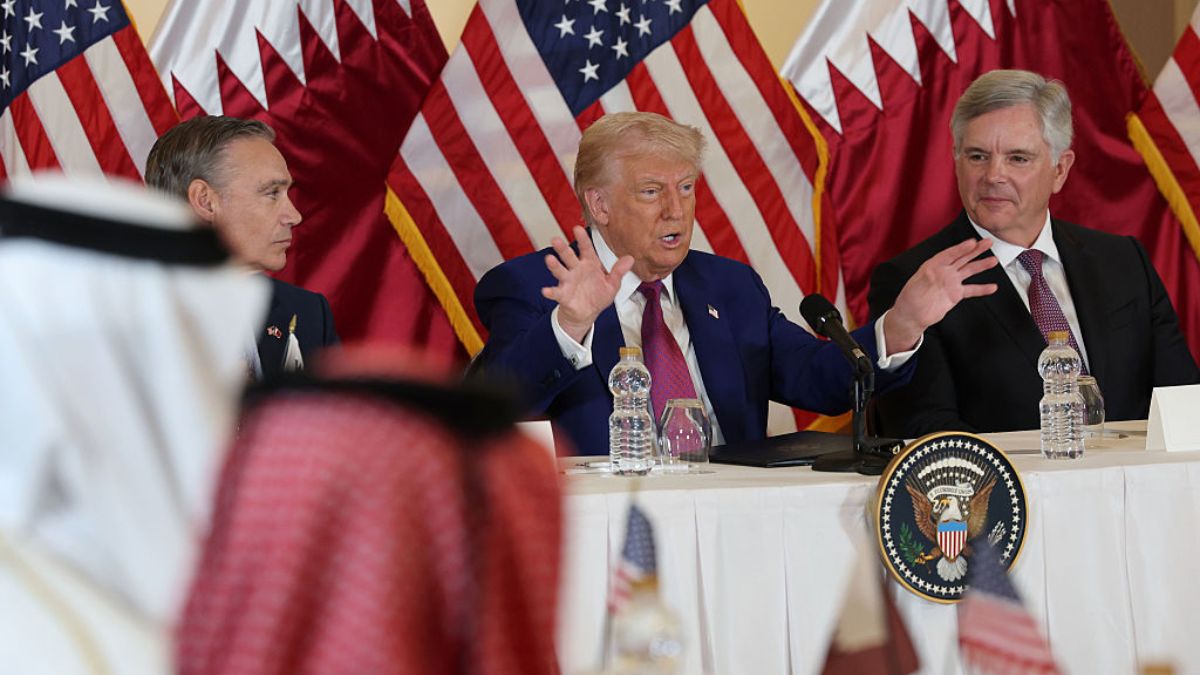
After two days of negotiations in London, the United States and China have announced what appears to be a recycled version of their previous trade agreement from last month’s Geneva talks. This is similar to the “total reset” approach when both countries slashed tariffs under a surprise 90-day deal. The framework, which still requires approval from both President Donald Trump and Chinese leader Xi Jinping, reveals significant compromises from the U.S. side while gaining minimal new concessions from China.
The talks, led by Commerce Secretary Howard Lutnick and U.S. Trade Representative Jamieson Greer, focused on de-escalating tensions between the world’s two largest economies. The agreement primarily involves the U.S. offering concessions on sensitive technology exports and Chinese student visas, while China simply reaffirmed its previous commitment to lift restrictions on critical minerals.
According to Politico, one person close to the White House, speaking anonymously about the negotiations, acknowledged the limited scope of the agreement, stating that “any deal with China isn’t worth the paper it’s written on,” though adding that the administration is trying to “move the ball forward.” The source emphasized that this is not a trade deal but merely a framework with many details still requiring negotiation.
Critical minerals remain China’s strongest bargaining chip
China’s dominant position in the critical minerals market has emerged as a crucial factor in the trade negotiations. Controlling nearly 70 percent of global mine production in 2024, China’s ability to restrict access to these essential materials has given it significant leverage over the United States. These minerals are vital components in everything from automobiles to defense equipment.
NEW:
—
The USA and CHINA have agreed on a framework to put their TRADE TRUCE back on track.
There is no new deal.
Trump is lying.
Again. pic.twitter.com/wwRVmCDrdQCoffeyTimeNews
(@CoffeyTimeNews) June 11, 2025
The U.S. has shown its vulnerability by offering to partially remove export controls on sensitive technologies, including airplane parts, semiconductors, and software, in exchange for China’s cooperation on critical minerals. Former deputy assistant U.S. Trade Representative Emily Kilcrease warned that this creates a “very dangerous precedent” that could compromise future negotiations on export controls.
Despite the Trump administration’s aggressive use of export controls to reshape U.S.-China relations, American business leaders are pushing for looser restrictions to access the Chinese market. This internal pressure creates an additional challenge for U.S. negotiators, particularly since China’s authoritarian government faces no such domestic constraints.
The durability of this trade framework remains uncertain. Chinese state media has maintained a defensive stance regarding their export restrictions on rare earths, describing them as “common international practice” for materials with military applications. Meanwhile, Trump continues to pursue a face-to-face meeting with Xi Jinping, which experts suggest might be more consequential than the formal negotiations led by his trade officials.
Derek Scissors, a senior fellow at the American Enterprise Institute, expressed skepticism about the framework’s longevity, noting that China could easily find reasons to reinstate restrictions on critical minerals in the future. He emphasized that without a direct meeting between Trump and Xi, any agreement is unlikely to hold, given China’s continued aggressive stance under Xi’s leadership and the volatility of U.S. policy under Trump.







